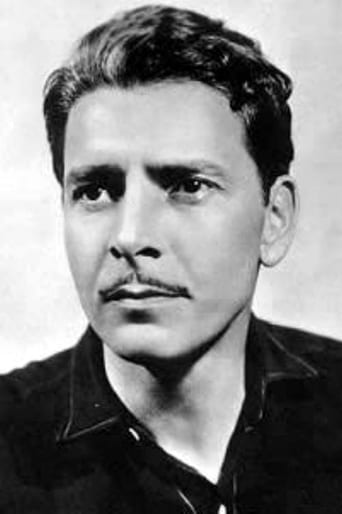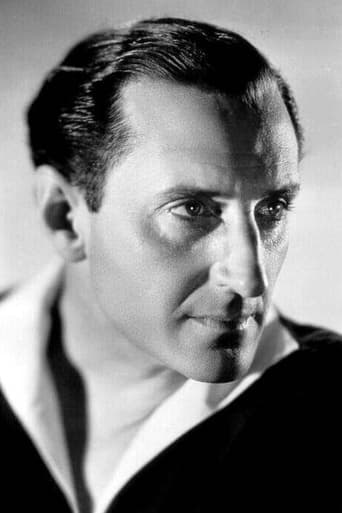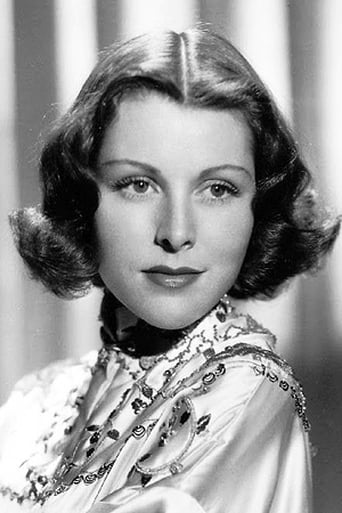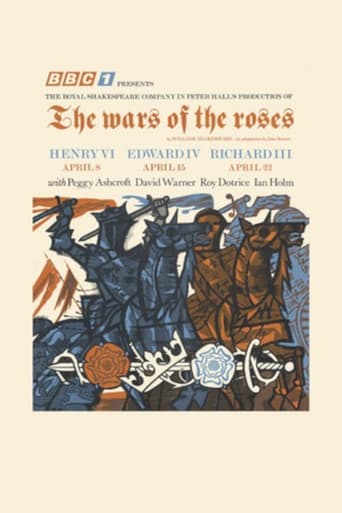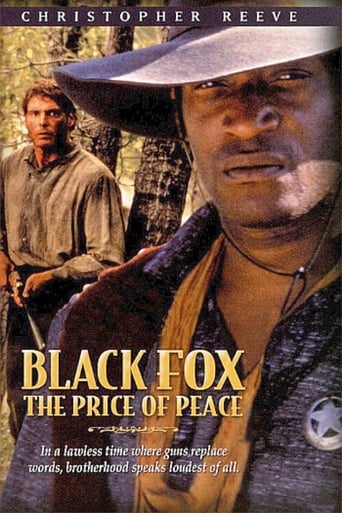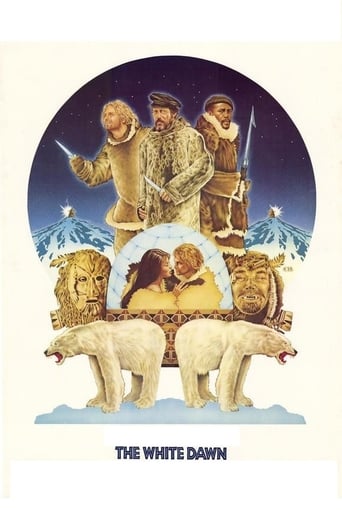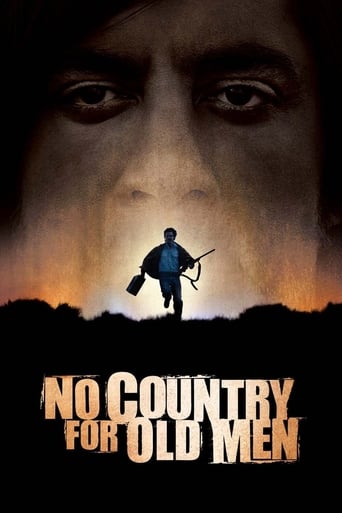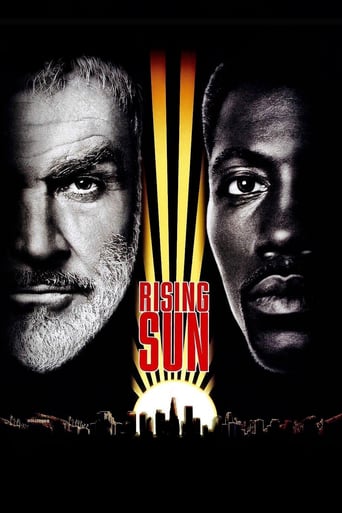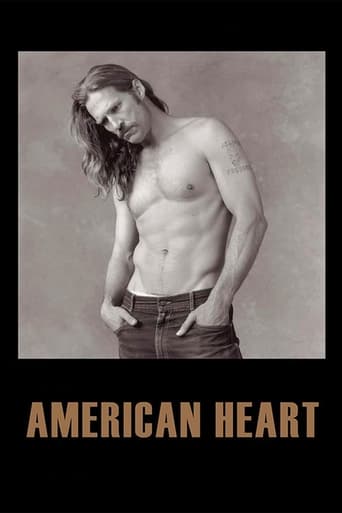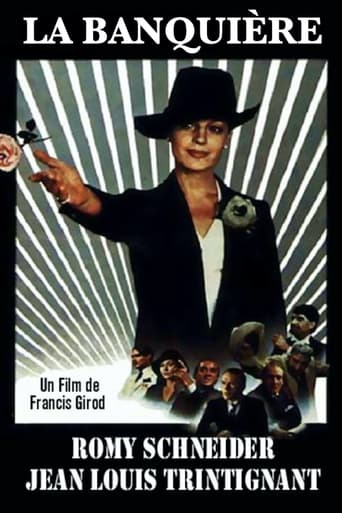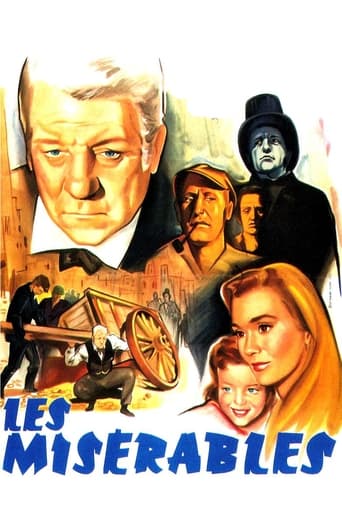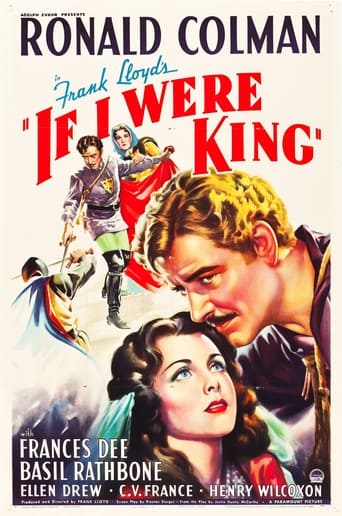
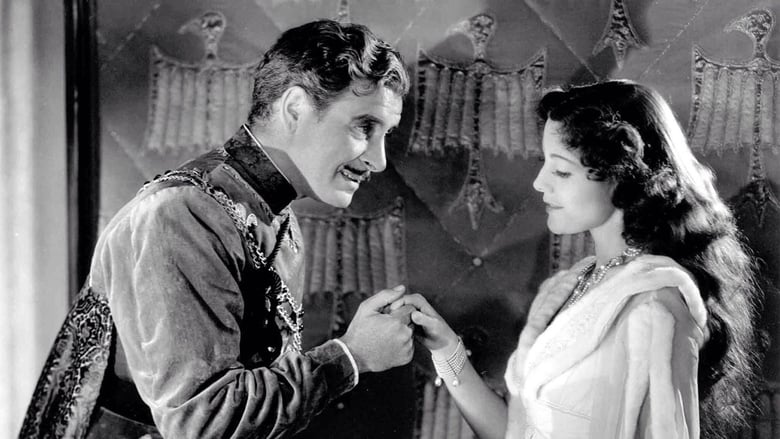
If I Were King (1938)
King Louis XI masquerades as a commoner in Paris, seeking out the treachery he is sure lurks in his kingdom. At a local tavern, he overhears the brash poet François Villon extolling why he would be a better king. Annoyed yet intrigued, the King bestows on Villon the title of Grand Constable. Soon Villon begins work and falls for a lovely lady-in-waiting, but then must flee execution when the King turns on him.
Watch Trailer
Cast


Similar titles
Reviews
Excellent but underrated film
Absolutely Brilliant!
it is finally so absorbing because it plays like a lyrical road odyssey that’s also a detective story.
The film never slows down or bores, plunging from one harrowing sequence to the next.
This classic romantic story of a divided 15th century France is based upon the 1901 romantic novel and play of the same name. There were 2 musical film versions, as well, in 1930 and 1956, entitled "The Vagabond King". I've seen the '56 version, which was filmed in Technicolor and is 15min. shorter, plus allowance for the musical numbers further reduces the time available for the story. Preston Sturges wrote the present version, and Frank Lloyd directed it. The plot concerns the conflict between the king of France: Louis XI(Basil Rathbone), and Duke Charles of the large, nearly independent, province of Burgundy. An army from the Burgundians has laid siege to Paris for some time, and is waiting for the mass of people to get so hungry that they depose Louis, and surrender to the Burgundians. Thus, the commoners of Paris are prepared to support the Burgundians should they succeed in entering the city. That is, until poet, thief, and murderer, Francois Villon convinces them that if they instead support Louis' troops when the Burgundians enter the city, they can defeat the Burgundians, they will again be able to trade with the outside world. This is, in fact, what ensues, after Villon, as the Lord Constable, opens the royal food stores for the rabble to pillage. While we are waiting for this to happen, attention is focused on the opposing adversarial and cooperative relationships between Villon and Louis. Villon has displeased Louis by claiming(in the unknown presence of Louise) that he, himself, could do a lot better job of governance. Also, he led a raid on some crown food stores. However, Villon did expose and kill the traitor: the then Lord Constable; the second most powerful official in Paris. On the one hand, Louis wants to hang Villon. On the other hand, he wants to make him the new Lord Constable, so that he can come to appreciate the difficulties of ruling. Thus, Louis decides to make him the Constable until the Burgundian menace is decided, then hang him. However, after Villon's plan against the Burgundians works, Louise softens a bit and changes his sentence to permanent banishment from Paris. As a sideshow, Villon develops a romantic relationship with Lady Katherine(Frances Dee), she not suspecting that he is of underclass origins. Villon also has a thing going with tavern wench Huguette(Ellen Drew). These 2 women represent the polar extremes of Villon's character, as a courtly poet and temporary high official, or as a common thief, fraternizing with other riffraff. He quotes a Villon poem to Lady Katherine, beginning with "If I were king"A major believability problem with the above scenario is that Villon's only evident means of hiding his true identity as the Lord Constable is growing a moustache. Thus, those who know him as Villon should easily recognize him as Lord Constable!In one of the more bizarre scenes, as the Lord Constable, Villon tries his associates involved in the royal food stuffs robbery. Instead of sentencing them to some draconian punishment, he gives each a number of gold coins taken from the previous subject on trial!Coleman is OK as Villon, but I think the much younger Errol Flynn would have been more dynamic. Unfortunately, he was contracted to the wrong studio, and probably was playing Robin Hood for Warner at this time. The similarities between Villon and Robin Hood are evident, despite one being a city dweller and the other a forest dweller.So, which do I prefer: this version or the '56 version? Probably, the '56 version, with its music and Technicolor. However, the 2 are sufficiently different in their details that a viewing of both might be warranted if you like the basic story. See it on YouTube.
Ronald Colman and Basil Rathbone, two wonderful actors having the time of their careers playing wittily written opposites who are also spiritual soulmates -- Francois Villon, the poetic rebel, born into poverty with a noble soul, and Louis XI, King of France, born into privilege but with a rebel's iconoclasm. Add a witty script by that poetic comedic rebel Preston Sturges, who hits all the crowd-pleasing buttons without condescension and no-nonsense direction by Frank Lloyd, and you have a top Hollywood product -- a crowd pleaser with intelligence.Rathbone is a particular delight. Pre-Holmes, he revels in playing an unprepossessing cynic to whom everyone must bow because he happens to be the king. Colman is doing what he does best, playing an intelligent, superior man, without losing the common touch. A delight all the way around.
Hollywood certainly had reason to thank their lucky stars that Ronald Colman's career straddled both silent and sound films, and that he was of an age where he was still believable as a romantic leading man as sound became the industry standard. Silent films had made him a major star; sound revealed that amazing, distinctive voice, oft imitated but never surpassed, that made him legendary.Of his amazing output of classic films in the 1930s, IF I WERE KING is one of the most audience-friendly, and, with THE PRISONER OF ZENDA, stands as two of the best swashbucklers of the decade. With a wryly engaging script by the legendary Preston Sturges (based on the famous operatic play by Justin Huntly McCarthy), and the 'no frills' directorial style of veteran director Frank Lloyd (who specialized in action films), the fanciful adventures of vagabond poet François Villon (Colman) may lack the sweep of the Michael Curtiz/Errol Flynn spectacles at Warner Brothers, but makes up for it with humor, a sense of the absurd, and Colman, himself, who could act rings around the younger Flynn.As fifteenth century Paris is besieged and slowly crushed by Burgundian armies, all that holds the city, and the dream of a united France together, is the iron will of doddering old King Louis XI (brilliantly portrayed by frequent Flynn nemesis Basil Rathbone, who is obviously having a ball in the character role). Meanwhile, the rabble of the city, victims of the corruption of the court, are stirred by the writings of poet/revolutionary Villon, who steals from the rich, dodges authorities nimbly, and is unafraid to speak the truth. While drinking stolen wine with friends at a local inn, he presents such an eloquent case of how he'd change things "If I were King", that Louis, watching in disguise, and well aware of his government's shortcomings, decides to put Villon to the test. Capturing the revelers, he surprises the poet by appointing him Lord High Chancellor for a week, daring him to improve things...and Villon delivers, demanding the Burgundians to surrender(!), opening the food coffers to the starving masses (and forcing the aristocracy out of their well-fed complacency), dispensing justice tempered with mercy, and creating among the lower classes a sense of patriotism and greater purpose towards King and Country. As the King cackles at the turn of events, the military and aristocracy despise Villon (other than beautiful Katherine de Vaucelles, portrayed by Frances Dee, who falls in love with the Lord High Chancellor, while suspecting him to be the penniless poet who once pledged his love as she attended Mass). As the week draws to a close, and plots and machinations against Villon reach an explosive climax, the future of not only Paris but all of France will depend on the poet's quick wit, decisiveness, and ability to rouse the masses. While the history portrayed is fanciful, Ronald Colman is the perfect embodiment of the charismatic Villon, and Rathbone's cranky gruffness offers the ideal compliment to Colman's suave persona.If the film has a fault, it is in the print itself, which is showing signs of deterioration and aging. One hopes that it will be a candidate for restoration, soon.IF I WERE KING should be preserved for future generations to enjoy!
This is a legendary story about François Villon, the mediaeval French poet and adventurer probably best known in English for his line, « Mais où sont les neiges d'antan? » / "But where are the snows of yesteryear?" Some may recognize the line from Joseph Heller's Catch-22 take-off, "Where are the Snowdens of yesteryear?"As I first began watching this, my immediate reaction was, "What an obvious attempt to cash in on The Hunchback of Notre Dame!", the film whose look and feel most closely resemble this one. But my chronology was backwards. The Laughton Hunchback is 1939. If you have ever seen the Chaney Hunchback from 1923, you may have been struck by how different many of the characterizations are from the more familiar version, especially that of the King. The 1923 French King is a nasty piece of work, just the sort of thinly disguised Napoleon III that Victor Hugo would conceive of. So where did the doddering but dear-hearted 1939 King played by sweet old Harry Davenport come from then? Well, that's easy. From Basil Rathbone's King in this film. They even look the same!Rathbone, by the way, is completely unrecognizable. If he's played an impish character elsewhere, I've never seen it. He gets most of Preston Sturges's best and most typical lines of dialogue.Sturges is the reason I was watching the film in the first place. Telltale signs are everywhere in the script, but we definitely do not get effervescent dialogue issuing forth from every mouth the way we expect from the later, classic Sturges films.I am not a great fan of Ronald Colman ordinarily but he brings a lot of spirit to his part, even if he doesn't have quite the dash of an Errol Flynn. But he does have a lot to do with this film's overall success.Frances Dee demonstrates once again that she is quite probably the best-looking American actress of the 1930's, although she has all the acting prowess of an Andie MacDowell. (If you insist on talent with your set decoration, then you probably would have preferred to see Paulette Goddard playing the part of the lady-in-waiting who catches Villon's eye.)


